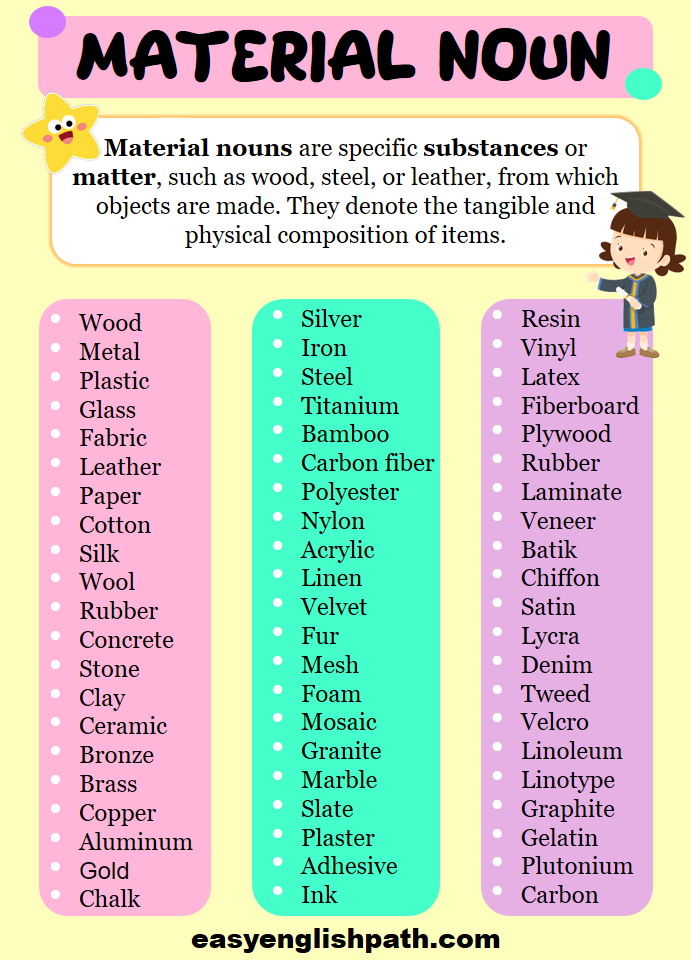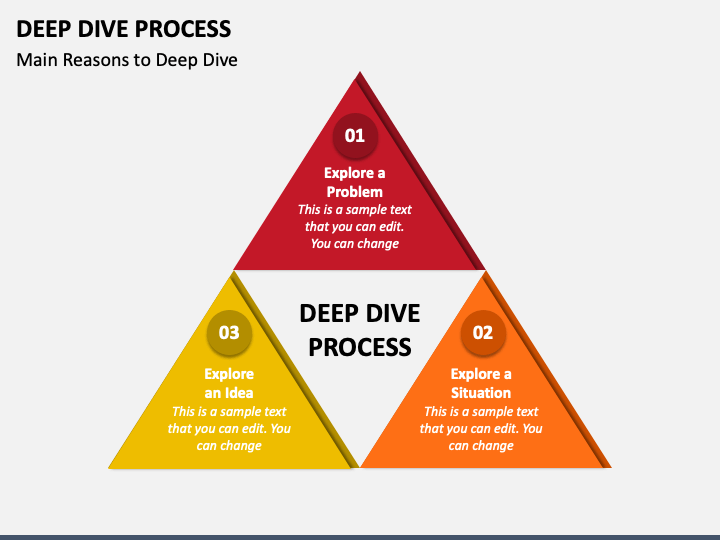The Complete Information To Nouns: A Deep Dive Into Varieties And Examples
The Complete Information to Nouns: A Deep Dive into Varieties and Examples
Associated Articles: The Complete Information to Nouns: A Deep Dive into Varieties and Examples
Introduction
With nice pleasure, we are going to discover the intriguing subject associated to The Complete Information to Nouns: A Deep Dive into Varieties and Examples. Let’s weave attention-grabbing data and provide recent views to the readers.
Desk of Content material
The Complete Information to Nouns: A Deep Dive into Varieties and Examples

Nouns type the bedrock of any language, representing the individuals, locations, issues, and concepts that populate our world. Understanding the nuances of nouns, their varied sorts, and their capabilities inside a sentence is essential for efficient communication and clear writing. This text offers a complete overview of nouns, exploring their totally different classifications with quite a few examples to solidify your understanding.
What’s a Noun?
At its core, a noun is a phrase that names an individual, place, factor, or thought. This easy definition, nevertheless, belies the wealthy complexity and selection inside the noun class. Nouns could be concrete (tangible) or summary (intangible), singular or plural, countable or uncountable, and so they play varied grammatical roles inside a sentence.
Varieties of Nouns: A Detailed Exploration
Nouns are categorized into a number of sorts primarily based on their traits and capabilities. Let’s delve into every class with ample examples:
1. Widespread Nouns vs. Correct Nouns:
That is maybe probably the most elementary distinction.
-
Widespread Nouns: These are basic names for individuals, locations, issues, or concepts. They don’t seem to be capitalized except they start a sentence.
- Examples: canine, cat, metropolis, nation, happiness, unhappiness, chair, desk, e-book, river.
-
Correct Nouns: These are particular names for individuals, locations, issues, or organizations. They’re at all times capitalized.
- Examples: Fido (canine), Fluffy (cat), London (metropolis), Canada (nation), Christianity (faith), Shakespeare (particular person), Toyota Camry (automobile), Harvard College (group).
2. Concrete Nouns vs. Summary Nouns:
This classification focuses on the tangibility of the noun.
-
Concrete Nouns: These confer with issues that may be perceived by the senses – issues you’ll be able to see, contact, scent, style, or hear.
- Examples: tree, automobile, flower, music, pizza, rain, sunshine, mountain, ocean, pc.
-
Summary Nouns: These confer with issues that can’t be perceived by the senses; they’re intangible ideas, qualities, or concepts.
- Examples: love, hate, happiness, unhappiness, freedom, justice, magnificence, intelligence, braveness, democracy.
3. Countable Nouns vs. Uncountable Nouns:
This distinction hinges on whether or not the noun could be counted.
-
Countable Nouns: These nouns could be counted and have each singular and plural types. They are often preceded by numbers or quantifiers like "many," "few," "a number of," and so forth.
- Examples: apple (apples), e-book (books), automobile (automobiles), pupil (college students), home (homes), tree (bushes), thought (concepts), day (days).
-
Uncountable Nouns: These nouns can’t be counted and should not have a plural type. They usually confer with substances, ideas, or qualities. They’re typically used with singular verbs.
- Examples: water, air, sugar, rice, furnishings, data, recommendation, data, music, happiness. (Be aware: You may rely items of furnishings or objects of knowledge, however not furnishings or data itself.)
4. Collective Nouns:
These nouns confer with teams of individuals, animals, or issues. They’re singular in type however symbolize a plurality.
* **Examples:** group, household, flock (of birds), herd (of cattle), group, committee, class, viewers, jury, bunch (of grapes). (Be aware: The verb settlement could be singular or plural relying on the emphasis – the *group is* enjoying nicely vs. the *group are* arguing amongst themselves.)5. Compound Nouns:
These nouns are shaped by combining two or extra phrases. They are often written as one phrase, two phrases, or hyphenated.
* **Examples:**
* **One phrase:** daylight, pocket book, classroom, bed room, headache.
* **Two phrases:** bus cease, espresso cup, flower pot, swimming pool, put up workplace.
* **Hyphenated:** mother-in-law, check-in, runner-up, six-pack, well-being.6. Possessive Nouns:
These nouns present possession or possession. They’re normally shaped by including an apostrophe and ‘s’ (‘s) to the noun (e.g., the canine’s bone). If the noun is plural and already ends in ‘s’, solely an apostrophe is added (e.g., the canine’ bones).
* **Examples:** John's automobile, the cat's toy, the kids's books, the birds' nests, the corporate's earnings.7. Materials Nouns:
These nouns confer with the supplies or substances from which issues are made.
* **Examples:** wooden, plastic, metallic, cotton, silk, gold, silver, leather-based, glass, paper.8. Gerunds:
These are nouns shaped from verbs by including "-ing." They operate as nouns in sentences.
* **Examples:** Swimming is my favourite train. Studying is a good interest. Writing requires apply. Cooking could be therapeutic.Nouns in Sentences: Grammatical Capabilities
Nouns carry out varied grammatical roles inside a sentence:
- Topic: The noun performing the motion of the verb. (Instance: The canine barked loudly.)
- Object: The noun receiving the motion of the verb. (Instance: He threw the ball.)
- Object of a Preposition: The noun following a preposition (e.g., in, on, at, to, from, with, and so forth.). (Instance: The e-book is on the desk.)
- Appositive: A noun that renames or explains one other noun. (Instance: My buddy, John, is a health care provider.)
- Complement: A noun that completes the that means of a verb or adjective. (Instance: She is a instructor.)
- Vocative: A noun used to handle somebody instantly. (Instance: John, come right here!)
Distinguishing between Nouns and Different Elements of Speech:
It is necessary to have the ability to differentiate nouns from different components of speech, significantly pronouns, adjectives, and verbs.
- Pronouns: Pronouns change nouns (e.g., he, she, it, they, we, you, I, me).
- Adjectives: Adjectives describe or modify nouns (e.g., huge, small, crimson, blue, completely satisfied, unhappy).
- Verbs: Verbs specific motion or state of being (e.g., run, soar, sing, is, are, was, have been).
Mastering the intricacies of nouns requires apply and a spotlight to element. By understanding the varied forms of nouns and their grammatical capabilities, you’ll be able to considerably improve your writing abilities and comprehension of the English language. This detailed exploration offers a stable basis for additional research and utility of this elementary a part of speech. Bear in mind to apply figuring out various kinds of nouns in sentences and texts to solidify your understanding. The extra you have interaction with the language, the extra naturally you’ll acknowledge and make the most of the various world of nouns.








Closure
Thus, we hope this text has supplied useful insights into The Complete Information to Nouns: A Deep Dive into Varieties and Examples. We recognize your consideration to our article. See you in our subsequent article!